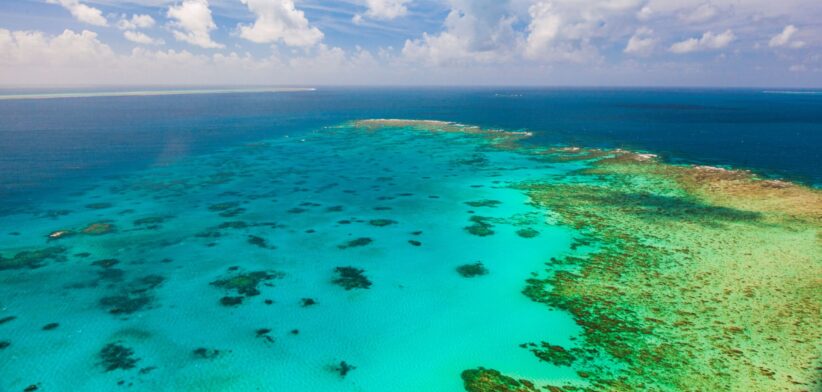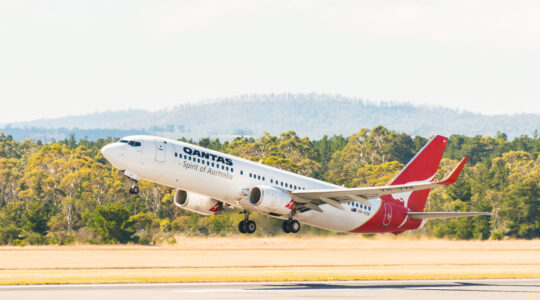The World Heritage Committee has decided not to list the Great Barrier Reef as in danger, ratifying a draft decision at its meeting in India this week.
In a statement, the Committee agreed to adopt the draft decision from UNESCO released in June 2024.
That decision recognised the increased action Australia was taking to protect the Reef and requested Australia to report back to the Committee next year, with an update on progress on its actions to protect and manage the Reef.
It also requested Australia provide a State of Conservation report by February 1, 2026.
Federal Environment Minister Tanya Plibersek welcomed the decision saying the Great Barrier Reef was part our national heritage.
Minister Plibersek said Australia had a duty to safeguard and to pass it on to our children and grandchildren to enjoy.
“Together with the Queensland Government, we are acting on climate change, improving local water quality, protecting our marine life, dealing with invasive species, and investing a record amount of money into reef programs.
“Today’s decision is a huge win for Queensland, a huge win for the thousands of people who rely on the reef for work, and a huge win for all the plants and animals that call it home,” she said.
Minister Plibersek said the Government would continue to work with the World Heritage Committee and UNESCO to ensure the protection of the Reef and World Heritage properties impacted by climate change around the globe.
She outlined some of initiatives being undertaken, including:
- Legislating to reach net zero, with a 43 per cent emissions reduction target by 2030 and committing to reaching 82 per cent renewable energy supply by 2030.
- Accelerating water quality improvements through $200 million for projects such as revegetation, grazing management and engineering work like gully stabilisation.
- Introducing legislation to establish an independent Environment Protection Agency and increase penalties for illegal land clearing.
- Rejecting a coal mine that could have direct impacts on the Reef.
- Withdrawing federal funding for dams that would have had a detrimental impact on Reef water quality.
- Doubling funding for Reef science.
- Engaging more Indigenous Rangers to manage sea country, including combatting crown of thorns starfish outbreaks, marine plastics and ghost nets.
Minister Plibersek also noted Queensland Government action, including:
- Achieving a 35 percent reduction in greenhouse gas emissions based on 2005 levels.
- Legislating a 75 per cent reduction in greenhouse gas emissions on 2005 levels by 2035 and net zero emissions by 2050
- Legislating the $62 billion energy, including an expansion of solar and wind power which would deliver a 90 per cent reduction of electricity emissions on 2005 levels by 2035-36.
- Committing close to $290 million to the Queensland Reef Water Quality Program to improve reef water quality.
- Phasing out of gillnets in the Great Barrier Reef Marine Park with a more than $185 million package, protecting dugongs, dolphins, sharks and turtles.








